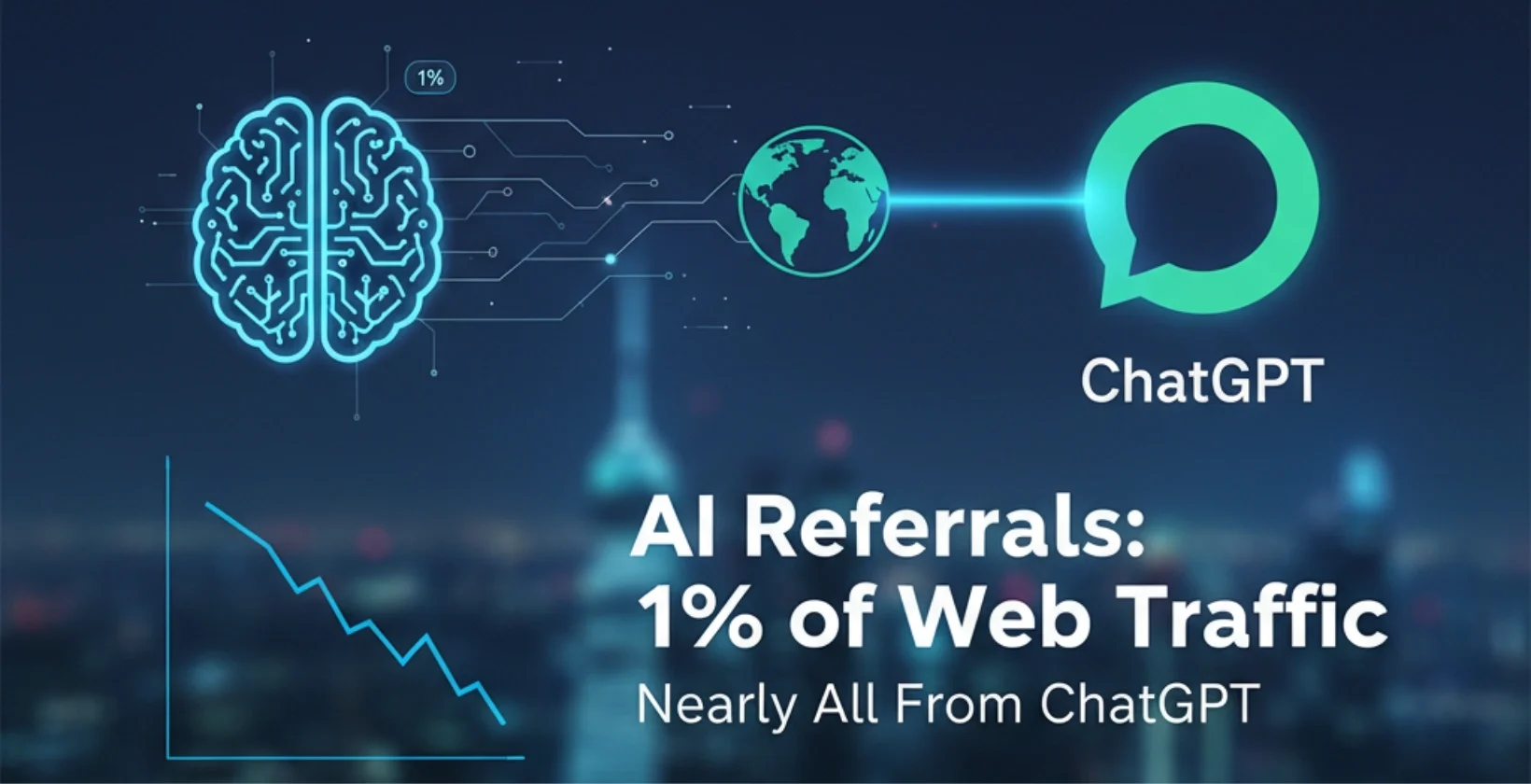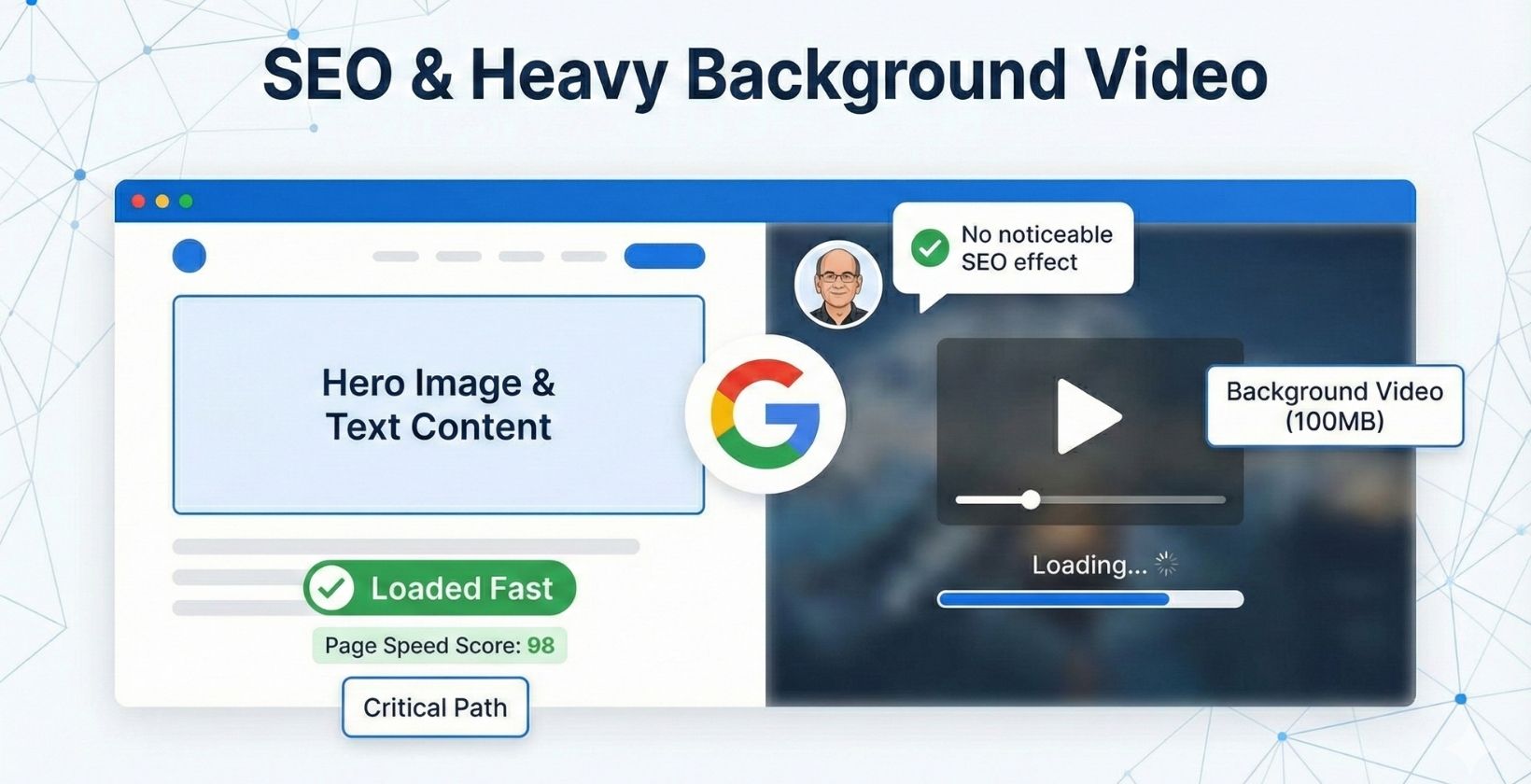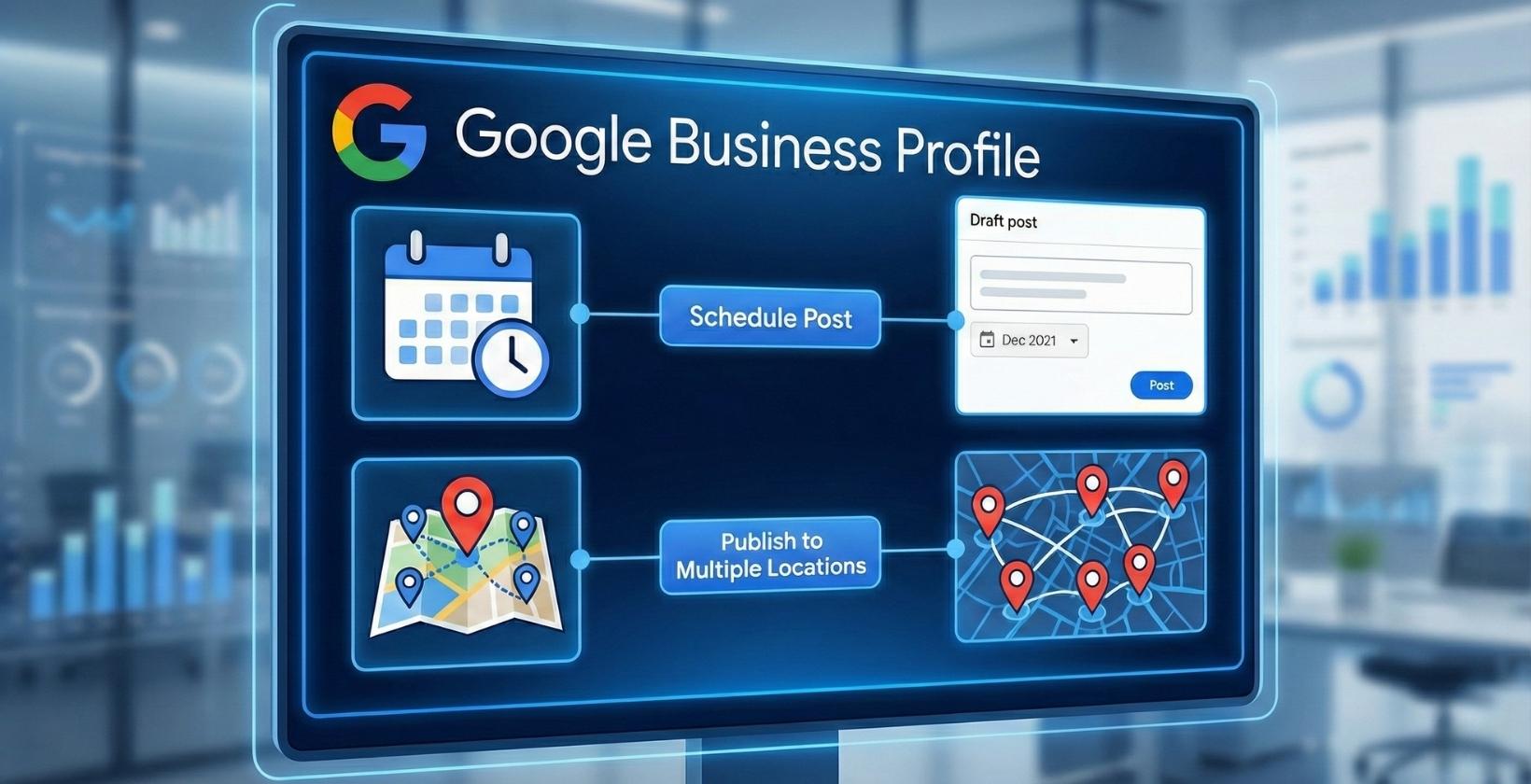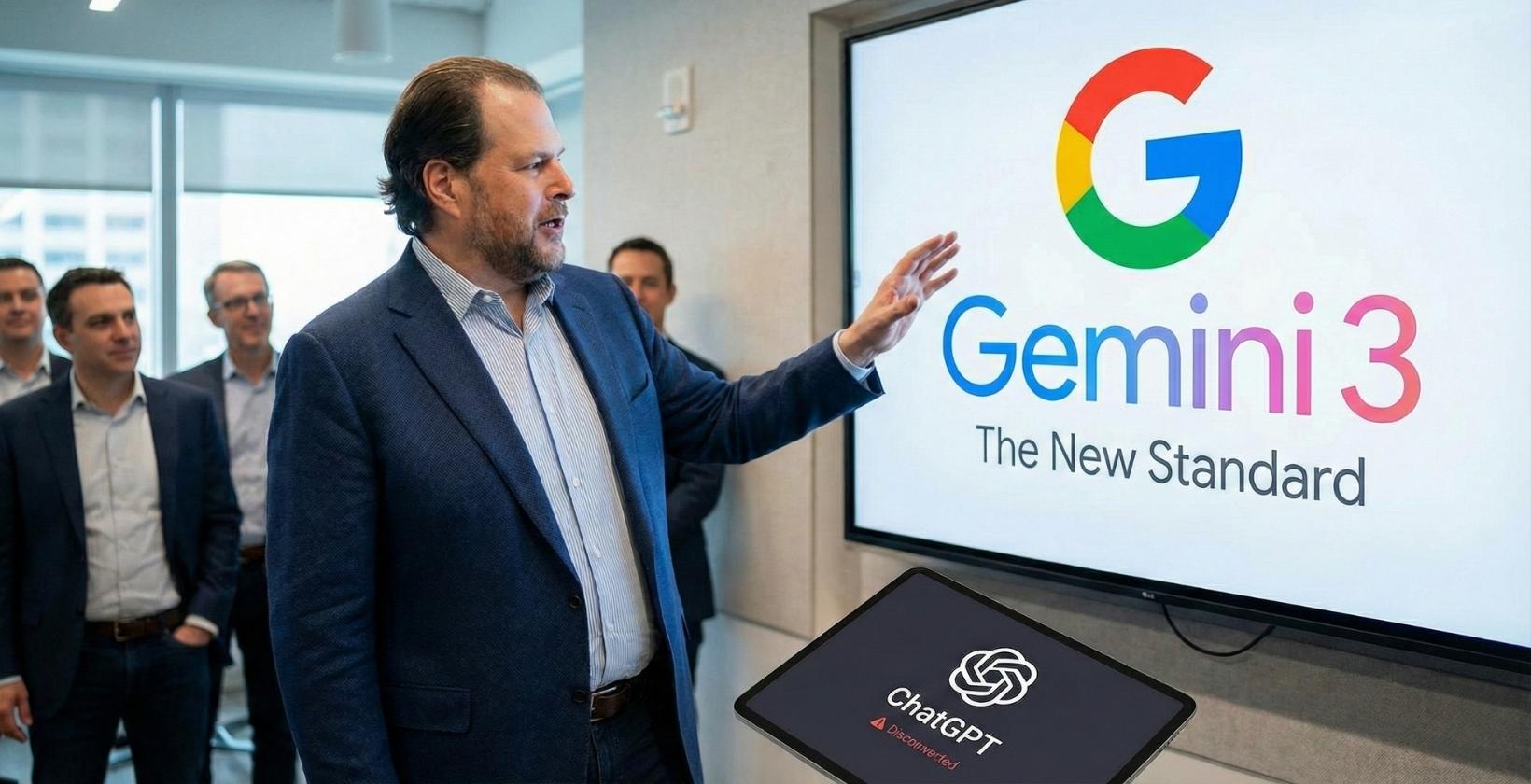AI Sends 1% of Website Traffic – And Most of It Comes From ChatGPT.
A new industry benchmark from Conductor reveals that AI platforms now drive just over 1% of all website traffic, with ChatGPT responsible for nearly nine out of every ten AI referrals. The report, which analyzed activity across 13,770 domains and 10 major industries, highlights how early AI search adoption is — and how rapidly it’s beginning to influence brand visibility.
AI Referral Traffic Is Still Small – But Growing
Across all industries, only 1.08% of web traffic came from AI answer engines. Key findings include:
- ChatGPT generated 87.4% of all AI-driven traffic
- IT (2.8%) and Consumer Staples (1.9%) saw the highest AI referral share
- Communication Services (0.25%) and Utilities (0.35%) saw the lowest
- AI referrals increased by ~1% month over month, signaling steady growth
Other platforms like Perplexity, Gemini, and Copilot contributed far less, though usage differed by industry.
For example:
- Gemini drove 21% of AI traffic in Utilities
- Copilot drove 5% of AI traffic in Financials
Despite these variations, ChatGPT remains the clear market leader in AI-driven website traffic.
Organic Search Still Dominates Traffic Across All Industries
While AI referrals are rising, traditional organic search remains the largest traffic source in every industry. According to the report:
- Health Care: 42.4% of traffic came from organic search
- Communication Services: 39.6%
- Industrials: 33.8%
This gap makes it clear: AI may be growing, but Google Search continues to be the primary discovery channel.
Why This Matters
Visibility in AI answers is quickly becoming a performance channel, not just an experimental trend. The report stresses a critical point:
If your brand doesn’t appear in AI answers, it may be invisible to your audience — even if you rank well in Google.
AI optimization (AEO / GEO / AI SEO) shares overlap with traditional SEO, but Google rankings do not guarantee presence in ChatGPT or other answer engines. Brands need to consider AI visibility as a separate, measurable channel.
Which Brands AI Cites Most Often
After reviewing 17 million AI answers and 100 million citations, Conductor found that AI platforms highlight very different domains than Google Search:
- Consumer Products: Amazon, Walmart, Target, Best Buy, Chewy
- YMYL (Health, Finance): Mayo Clinic, Cleveland Clinic, NerdWallet, Bankrate, Vanguard
- Tech & B2B: Google, Microsoft, Adobe, Deloitte, McKinsey, SAP
- Real Estate & Utilities: Hines, Public Storage, CBRE, New Fortress Energy, GE Vernova
These patterns show that AI ecosystems tend to favor authority-heavy, trusted brands—even more aggressively than Google.
AI Overviews Still Appear Frequently in Google Search
Conductor also analyzed 21.9 million Google searches to understand how often AI Overviews appear. Findings include:
- 25.11% of searches (5.5M queries) triggered an AI Overview
- Most AI Overviews appeared in:
- Health Care (48.7%)
- Financials (25.7%)
- Utilities (25.4%)
- Fewest AI Overviews appeared in:
- Real Estate (4.4%)
- Consumer Staples (6.8%)
The page types most frequently cited in AI Overviews were:
- Blogs
- Videos
- Articles
- News
- Product pages
About the Data
Conductor’s dataset included:
- 13,770 domains
- 10 GICS-aligned industries
- 3.3 billion sessions
- 3.5 million AI prompts
- 17 million AI responses
- 100 million citations
- 21.9 million Google searches (Sept 15–Oct 12, 2025)
This report provides one of the most comprehensive views of how AI answer engines are reshaping user discovery and brand visibility.




